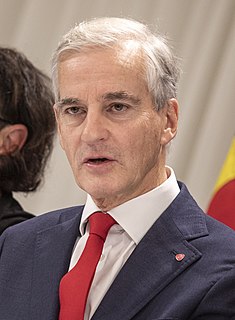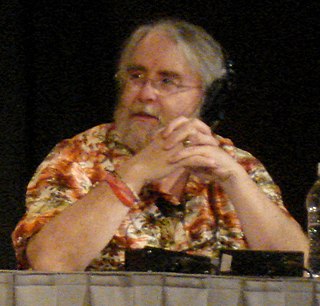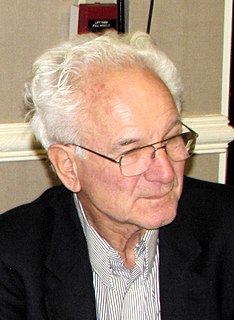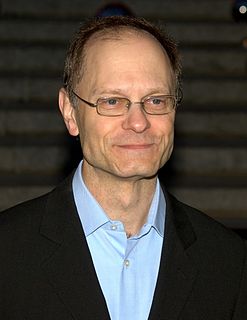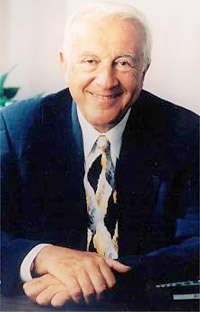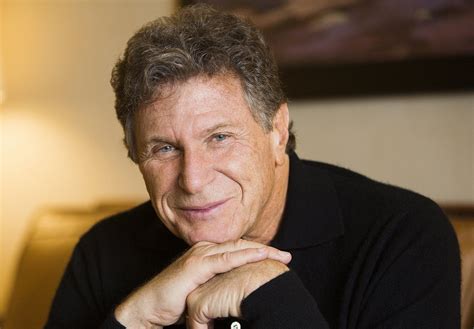A Quote by David Perlmutter
The bottom line is that this author, a practicing neurologist dealing with Alzheimer's disease on a daily basis, believes we need to expand the public awareness that modifiable lifestyle factors have a profound role to play in determining who will or won't get this disease.
Related Quotes
When I heard that heart disease kills more women than all cancers combined - when I heard that, I knew. The other thing that's very important is that heart disease...is preventable. There are some specific lifestyle changes that women can make: losing weight, not smoking, exercising, eating healthy foods. Knowing the risk factors: high blood pressure, high cholesterol, diabetes, [being] overweight. And if you have heart disease in your family, you should see your doctor. Because this disease is preventable.
If I never explore my limits, my bodymind will gradually tighten and become unconscious. If I regularly explore my limits in a caring and adventuresome fashion, I will expand and grow in a vital fashion. But if I try to push myself past where I am honestly able to go, I will no longer be practicing yoga but instead will be practicing greed, and I will probably be met by pain and disease. Stated simply, it is the difference between ignoring your self, making love to yourself, and raping yourself.

